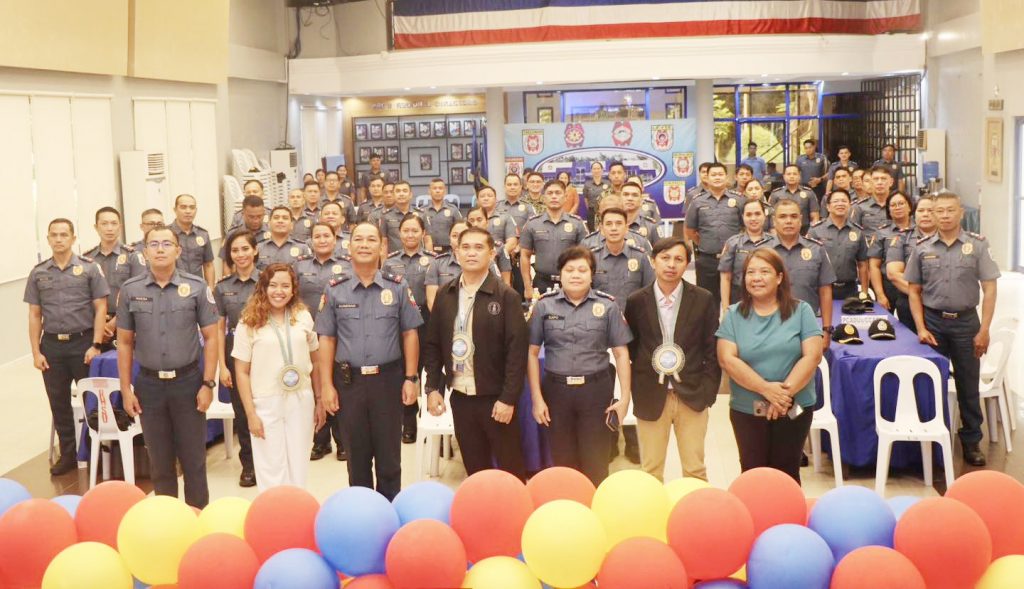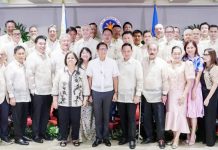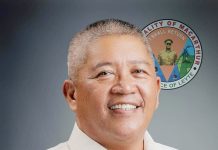
TACLOBAN CITY – In a bid to combat the growing threat of fake news and its impact on law enforcement and public safety, the Police Regional Office 8 (PRO-8) held a consultative forum on misinformation, disinformation, and malinformation, bringing together police officers and communication officers from across Eastern Visayas.
The event, organized to enhance the capability of police personnel in identifying and responding to false or misleading information online, was attended by chiefs of police and public information officers from Leyte, Southern Leyte, and Biliran. Participants from Samar provinces joined the forum virtually via Zoom.
PRO-8 Regional Director PBGen Jay Cumigad emphasized the urgent need for law enforcers to be vigilant and well-equipped in discerning fact from fiction, especially in the age of rapid digital information sharing.
“Kailangan nating maging mapanuri na may kasangkapan upang matukoy ang katotohanan sa kathang-isip lamang,” he said during the July 11 forum. “We must not allow ourselves to be swayed by misleading narratives that threaten to undermine trust in our investigations and put public safety at risk.”
Cumigad further described the spread of fake news as “not merely a technological issue, but a societal crisis,” requiring strong institutional responses and inter-agency collaboration to safeguard the integrity of law enforcement work.
The forum featured insights from seasoned journalists, including Reyan Arinto, regional head of the Philippine Information Agency (PIA-8); Sharon Evite-Carangue, veteran journalist and correspondent for MOC News/ABS-CBN; and Ronald Reyes, journalism instructor and correspondent of Leyte Samar Daily Express.
The resource speakers highlighted the importance of fact-checking, media literacy, and critical consumption of social media content to prevent the spread of false information and ensure a more informed public.
They also discussed practical tools and strategies for verifying online content and identifying signs of digital manipulation, which can significantly influence public perception, affect police operations, and disrupt social order.
The activity is part of the regional police’s broader efforts to strengthen community relations and build public trust by fostering a culture of transparency, accountability, and responsible communication within the ranks of law enforcement.
(ROEL T. AMAZONA)



